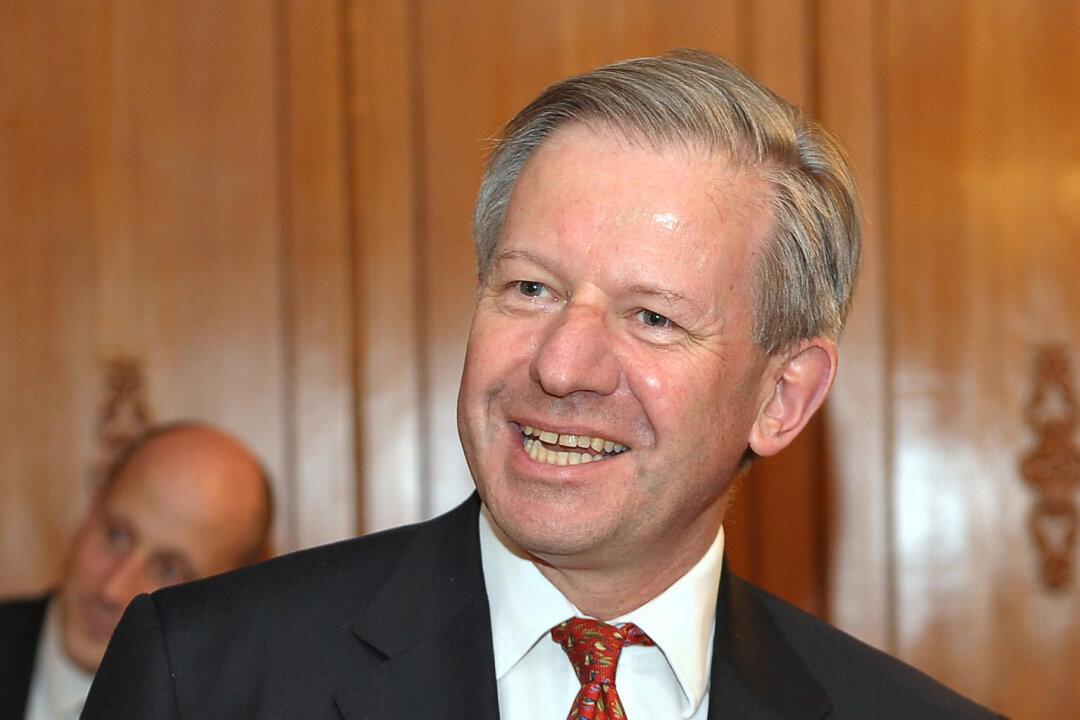An HSBC executive has apologised for causing “offence” after it was revealed he called the UK government “weak” for cutting business ties with China at the bidding of the United States.
Sir Sherard Cowper-Coles, head of public affairs at HSBC and chair of the lobby group China-Britain Business Council, said his “personal comments” don’t reflect the views of the two organisations and apologised “for any offence caused.”





